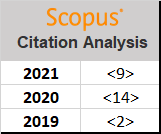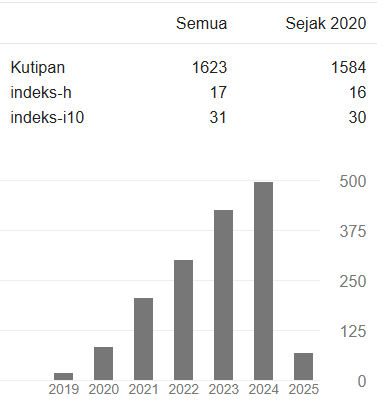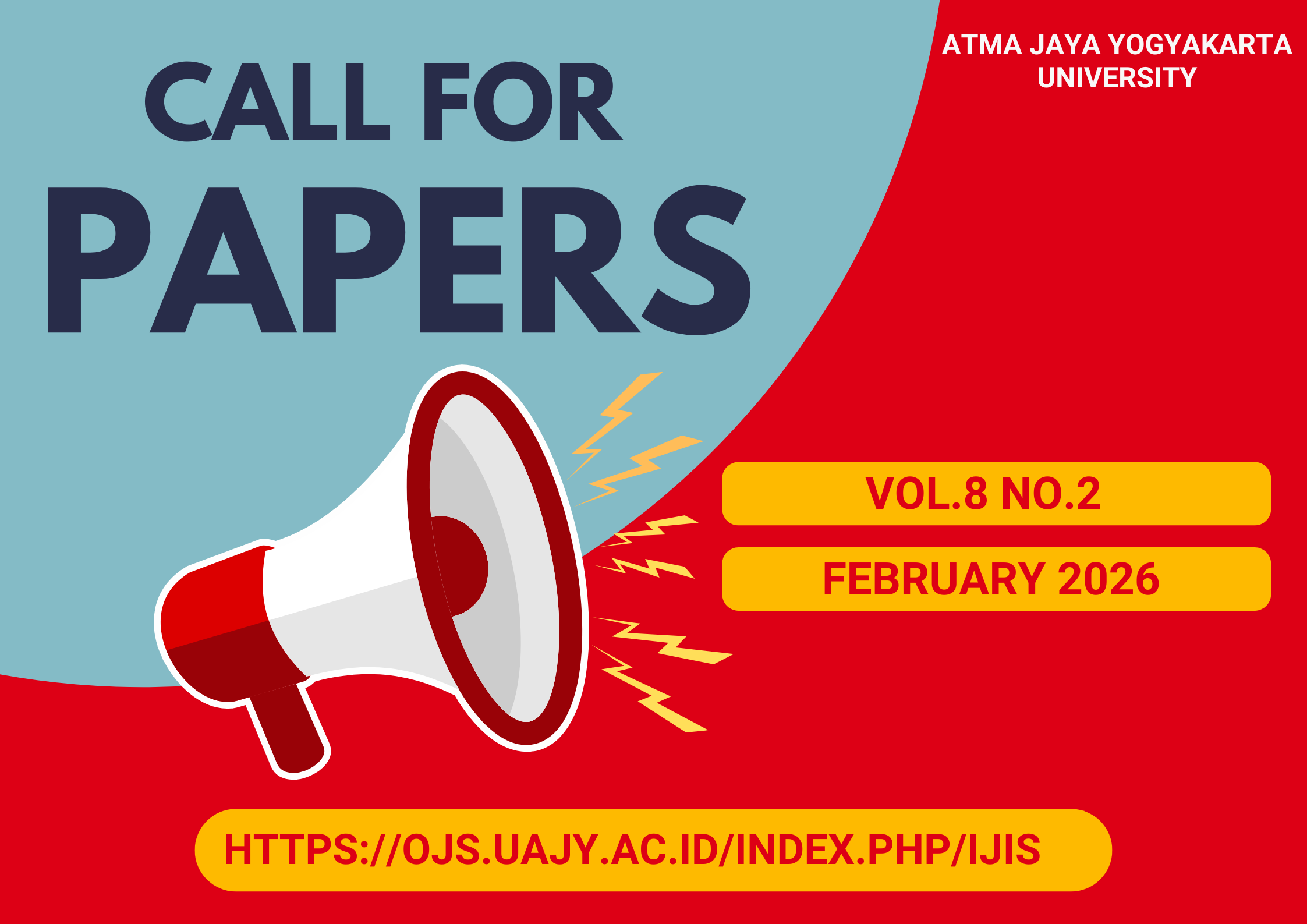Social Media and the COVID-19: South African and Zimbabwean Netizens’ Response to a Pandemic
DOI:
https://doi.org/10.24002/ijis.v4i1.4338Keywords:
topic extraction, natural language processing, Covid19, Zimbabwe, South AfricaAbstract
Since the end of 2019, the world faced a major health crisis in the form of the Coronavirus (COVID-19) pandemic. To mitigate the impact of the pandemic, governments across the globe instituted measures such as restricting local and international travel and in many cases, ordering citizens to stay indoors. Considering the social and economic impact of these restrictions it becomes crucial to investigate internet citizens’ (netizens) perception about the precautionary measures adopted. The study is anchored in the digital public sphere theory, which treats social media applications as virtual platforms where netizens commune to share ideas and debate about issues that affect them. Social media platforms already have critical public views on the current pandemic. However, the majority of this data is unstructured and difficult to interpret. Natural language processing (NLP), on the other hand, makes the task of gathering and analysing vast amounts of textual data feasible. Extracting structured knowledge from natural language, however, comes with unique challenges due to diverse linguistic properties including abbreviation, spelling mistakes, punctuations, stop words and non-standard text. In this work, The Latent Dirichlet Allocation (LDA) algorithm was applied to tweeter data to extract topics discussed by netzens from Zimbabwe and South Africa. The primary focus of this paper, is to comparatively explore the variety of topics that occupied twitter communities from the two countries. We examine whether or not the national identities that define and differentiate citizens of these countries also exist on Twitter as evident in the emerging topics. Furthermore, this work investigated public opinion by analysing how citizens discuss the issues around the COVID-19 pandemic on social mediaReferences
Q. Liu, Q. Chen, J. Shen, H. Wu, Y. Sun, and W.-K. Ming, "Data analysis and visualization of newspaper articles on third hand smoke: a topic modeling approach," JMIR medical informatics, vol. 7, no. 1, p. e12414, 2019.
K. Tomaselli and T. Sundar, "Twitter and African Academia," Editors' Bulletin, vol. 7, no. 3, pp. 101-104, 2011.
N. De Jager and C. Musuva, "The influx of Zimbabweans into South Africa: a crisis of governance that spills over," Africa Review, vol. 8, no. 1, pp. 15-30, 2016.
J. Leask, C. Hooker, and C. King, "Media coverage of health issues and how to work more effectively with journalists: a qualitative study," BMC public health, vol. 10, no. 1, p. 535, 2010.
T.-J. Shih, R. Wijaya, and D. Brossard, "Media coverage of public health epidemics: Linking framing and issue attention cycle toward an integrated theory of print news coverage of epidemics," Mass Communication & Society, vol. 11, no. 2, pp. 141-160, 2008.
I. Basnyat and S. T. Lee, "Framing of Influenza A (H1N1) pandemic in a Singaporean newspaper," Health promotion international, vol. 30, no. 4, pp. 942-953, 2015.
A. Chibuwe and O. Ureke, "‘Political gladiators’ on Facebook in Zimbabwe: a discursive analysis of intra-ZANU-PF cyber wars; Baba Jukwa versus Amai Jukwa," 2017.
J. Brainard and P. R. Hunter, "Misinformation making a disease outbreak worse: outcomes compared for influenza, monkeypox, and norovirus," Simulation, vol. 96, no. 4, pp. 365-374, 2020.
J. Habermas and J. Habermas, The structural transformation of the public sphere: An inquiry into a category of bourgeois society. MIT press, 1991.
N. Fraser, "Rethinking the public sphere: A contribution to the critique of actually existing democracy," Social text, no. 25/26, pp. 56-80, 1990.
S. Splichal, "Eclipse of „the Public”," The Digital Public Sphere. Goteborg: Nordicom, pp. 23-40, 2010.
V. Sampedro and M. M. Avidad, "The digital public sphere: An alternative and counterhegemonic space? The case of Spain," International journal of communication, vol. 12, p. 22, 2018.
A. Chibuwe, "Social Media and Elections in Zimbabwe: Twitter War between Pro-ZANU-PF and Pro-MDC-A Netizens," Communicatio, pp. 1-24, 2020.
H. Wasserman, "Media, conflict and democratisation in Africa: Political communication by other means," 2019.
Z. Papacharissi, "The virtual sphere 2.0: The Internet, the public sphere, and beyond," in Routledge handbook of Internet politics: Routledge, 2008, pp. 246-261.
R. V. Kozinets, Netnography: The essential guide to qualitative social media research. SAGE Publications Limited, 2019.
R. V. Kozinets, Netnography: Doing ethnographic research online. Sage publications, 2010.
A. Mykowiecka, M. Marciniak, and A. Kupść, "Rule-based information extraction from patients’ clinical data," Journal of biomedical informatics, vol. 42, no. 5, pp. 923-936, 2009.
M. Sponder and G. F. Khan, Digital analytics for marketing. Routledge, 2017.
F. Heimerl, S. Lohmann S. Lange, and T. Ertl, "Word cloud explorer: Text analytics based on word clouds," in 2014 47th Hawaii International Conference on System Sciences, 2014: IEEE, pp. 1833-1842.
A. Hamdy and M. Elsayed, "Topic modelling for automatic selection of software design patterns," in Proceedings of the International Conference on Geoinformatics and Data Analysis, 2018, pp. 41-46.
Y. Fang, L. Si, N. Somasundaram, and Z. Yu, "Mining contrastive opinions on political texts using cross-perspective topic model," in Proceedings of the fifth ACM international conference on Web search and data mining, 2012, pp. 63-72.
R. Cohen, I. Aviram, M. Elhadad, and N. Elhadad, "Redundancy-aware topic modeling for patient record notes," PloS one, vol. 9, no. 2, p. e87555, 2014.
M. Okwonga, "The Frency doctors who wanted to test vaccines on Africans and Western medicine’s dark history’ in Quartz Africa." [Online]. Available: https://qz.com/africa/1836272/french-doctors-say-test-covid-19-vaccine-on-africans-spark-fury/.
T. Tahir, "Flaming Idiot: 5G Coronavirus Conspiracy Theorist who Claimed to be Vodafone Boss is Revealed as a Preacher from Luton’," 2020. [Online]. Available: https://www.thesun.co.uk/news/11476133/5g-coronavirus-conspiracy-theorist-vodafone-preacher-luton/.
T. Mullen and R. Malouf, "A Preliminary Investigation into Sentiment Analysis of Informal Political Discourse," in AAAI Spring Symposium: Computational Approaches to Analyzing Weblogs, 2006, pp. 159-162.
G. Viglia, R. Minazzi, and D. Buhalis, "The influence of e-word-of-mouth on hotel occupancy rate," International Journal of Contemporary Hospitality Management, 2016.
Downloads
Published
How to Cite
Issue
Section
License
Indonesian Journal of Information Systems as journal publisher holds copyright of papers published in this journal. Authors transfer the copyright of their journal by filling Copyright Transfer Form and send it to Indonesian Journal of Information Systems.

Indonesian Journal of Information Systems is licensed under a Creative Commons Attribution-NonCommercial 4.0 International License.

















